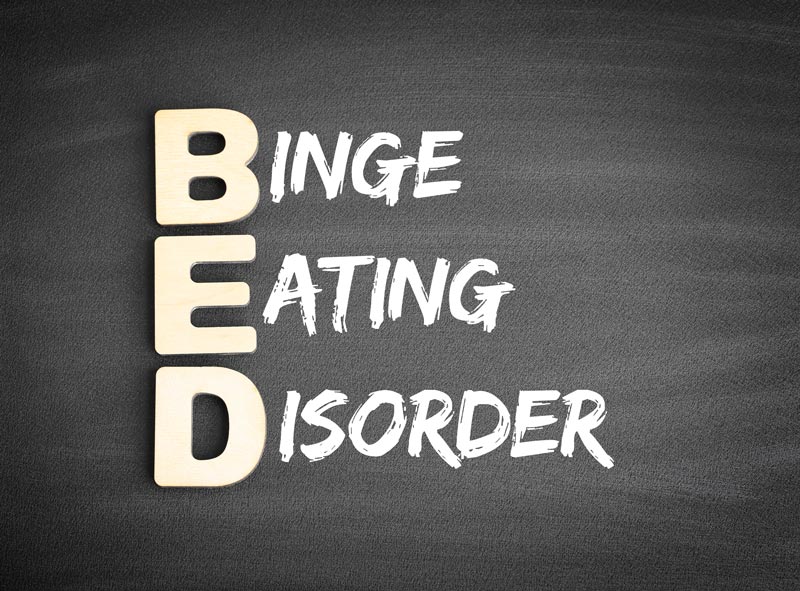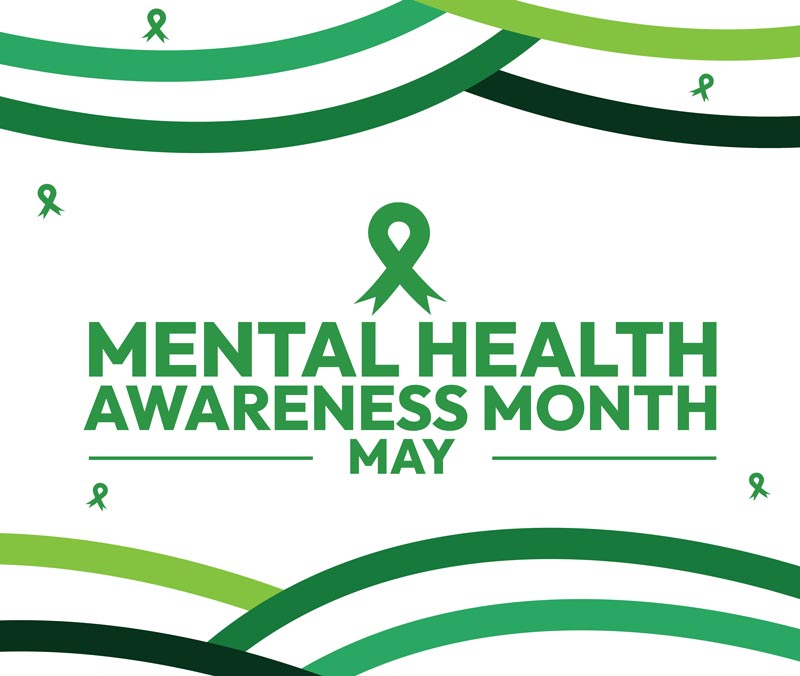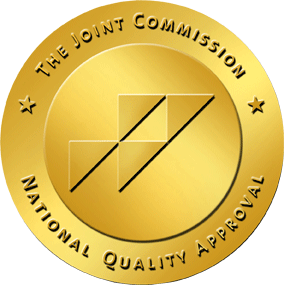I met a patient many years ago that changed the way I think about eating disorders and trauma forever. I remember sitting in awe as she described experiencing one horrific trauma after another along with what we call “complex trauma” – children’s exposure to multiple traumatic events like abuse or neglect and the long-term effects of this exposure.
Over and over she echoed the refrain, “I have it all together in every other area of my life, then why can I not kick this eating disorder?” She had spent years trying to “kick this eating disorder.” She thought that “this eating disorder” was THE problem and she was coming to treatment now for THE solution.
I challenged her to look at her “problem” differently. Her eating disorder had helped her survive. At a time when her coping resources were overwhelmed, her bingeing and restricting food allowed her to “quiet” her constant anxiety and hypervigilance. The eating disorder made her feel in control of something when everything felt out of control. It made her body feel calm when few things did. Bingeing quite literally removed her from an abusive environment as she would leave the house to secure “binge food” and binge alone.
Does this mean that the eating disorder served her and, therefore, there is no reason to treat it? Of course not. Eating disorders are serious illnesses that can cause significant problems in almost every area of someone’s functioning. But 3 things suddenly clicked for me in talking to her in relation to her trauma:
1) There was no way to treat her eating disorder without treating her PTSD and Complex Trauma. We could not treat the eating disorder first as I had been taught to do in graduate school. The trauma and the eating disorder were so linked that both needed to be aggressively treated and treated together
2) We could not teach her “alternate coping skills” until she learned to calm her body so that it did not constantly elicit a trauma response. Because of her trauma, she was vacillating between fight, flight, and freeze which would kick up her survival instinct and trigger the eating disorder behaviors
3) When engaging in her eating disorder, her body went to autopilot. There was an automaticity to her behavior which was formed by years and years of engaging in the same behaviors in response to stress thus creating neurobiological networks and responses. Because of this automaticity, her brain “knew what to do.” For now, we had to work with her on preventing exposure to triggers as well as responding differently to triggers when they occurred.
I hear from her about twice a year now and she has been in what she considers recovery from her eating disorder for about 3 years. Does this mean that she never engages in any of the behaviors that she came to treatment for? No. In fact, a small body of data suggests that only 50% of patients with Binge Eating Disorder achieve abstinence from behaviors in “recovery.” (1) Rather, the frequency and intensity of her behaviors is significantly decreased and she is able to use other coping skills in addition to her behaviors. Most importantly, she is able to respond with self-compassion to her urges to use behaviors versus self-loathing which would only trigger more behaviors.
I have seen so many patients with similar stories and every single one of them teaches me something about trauma, resilience, and post-traumatic growth. The prevalence of trauma is high in patients with eating disorders in general and particularly high in patients with Binge Eating Disorder and Bulimia Nervosa [2].
Ninety percent of women who have met criteria for BED at least once in their lifetime report having experienced at least one traumatic stressor (i.e. sexual assault or an unwanted or uncomfortable sexual experience, physical assault, and/or the sudden unexpected death of a friend or loved one). Similarly, 98% of men with lifetime BED report at least one traumatic event.
In the case of childhood-onset binge eating, the vast majority of women whose binge eating began in childhood experienced a traumatic event prior to the onset of eating disorder behaviors, and theoretically, bingeing was “functional” in reducing distressing trauma-related symptoms [2].
Finally, substantial research corroborates the idea that untreated traumatic stress leads not only to eating disordered behaviors and body image disturbance, but also chronic anxiety, sleep disturbance, self-harm, suicidality, and persistent hopelessness and helplessness [3].
Sometimes this research feels validating to my patients and at times the information feels overwhelming and they look to me for a place to start. When working with a patient my tasks are always as follows:
- Screen carefully for the presence of traumatic stress in a patient presenting with eating disordered behaviors
- Provide comprehensive psychoeducation regarding the neurobiology of eating disorders and trauma
- Teach my patient how to regulate and cope either without eating disorder behaviors or with a reduction in the intensity and frequency of eating disorder behaviors, and
- Start evidence-based, exposure-based treatment when the patient has adequate self-regulation skills to do so
Traumatic stress has changed the course of life for many of my patients. As much as I want to, I can’t take these realities away but I can, however, help someone choose how to live with trauma symptoms and memories differently into their lives. Post-traumatic growth is not only possible but is essential during eating disorder recovery.
1 Linardon, Jake (2018) Int J Eating Disorder 51(2).
2 Brewerton TD, Rance SJ, Dansky BS, O’Neil PM, & Kilpatrick, DG Int J Eating Disorders 2014 Nov 47(7)836-843.
3 McFarlane, AC (2010) World Psychiatry; 9(1): 3-10)




